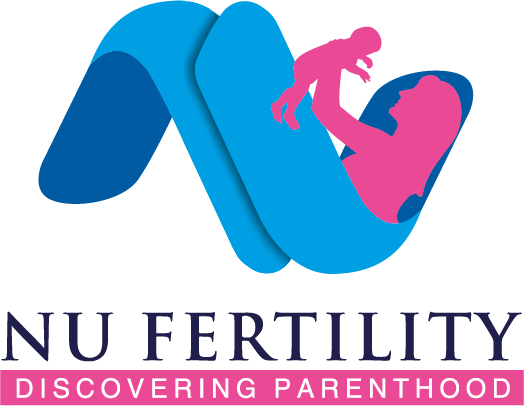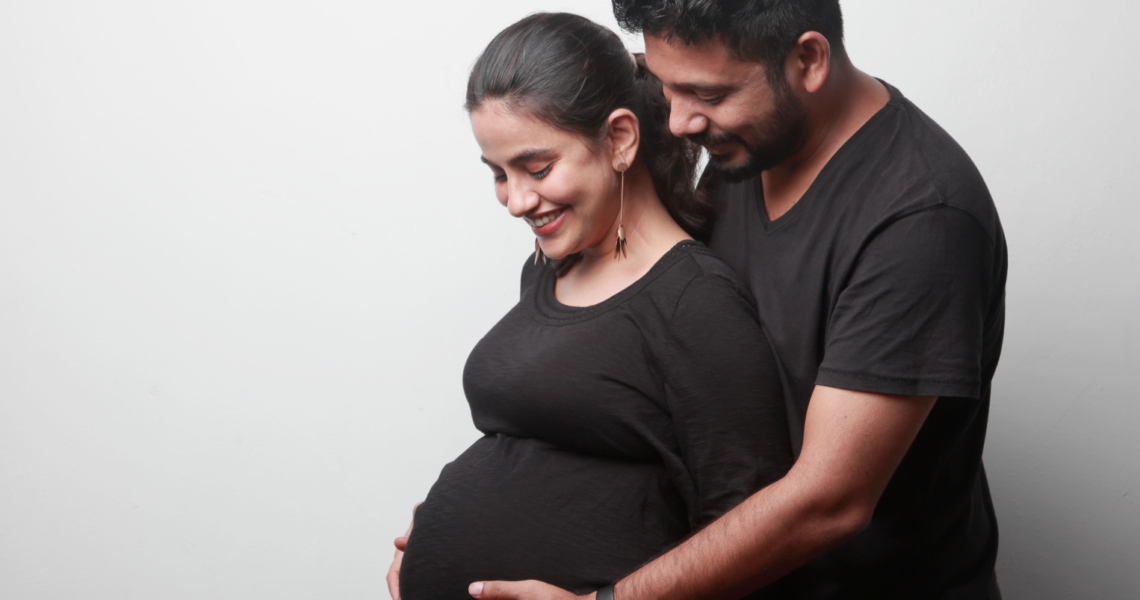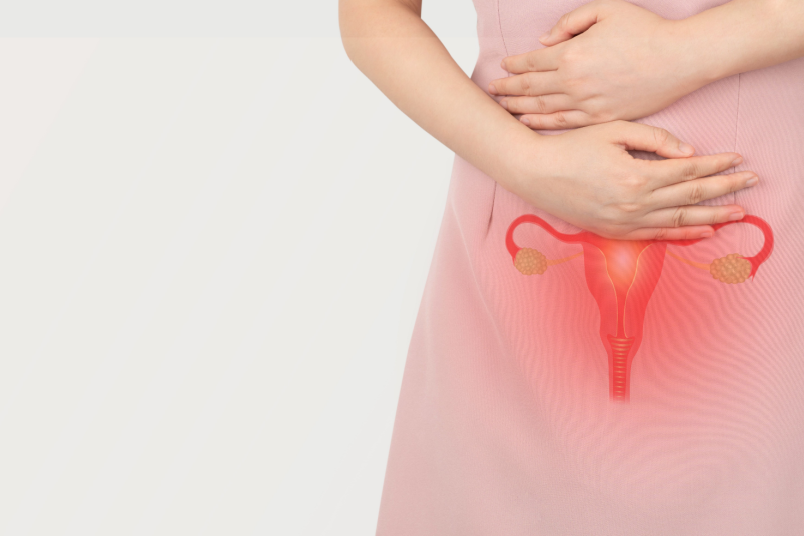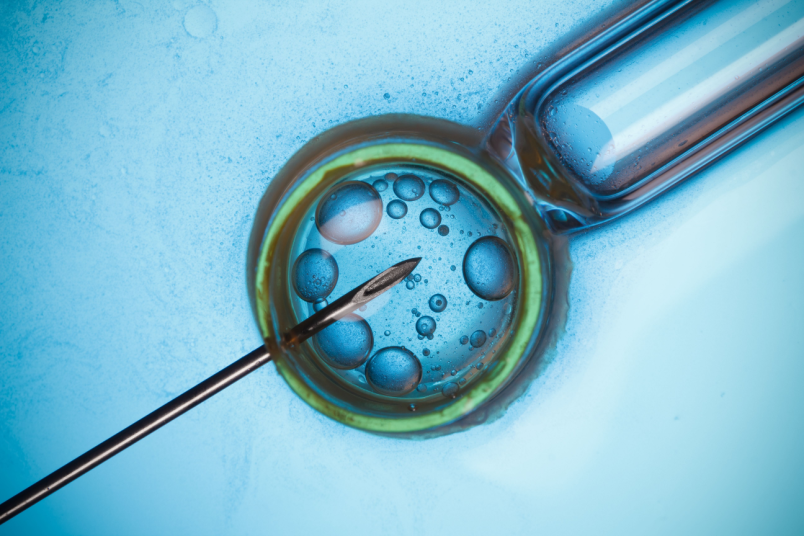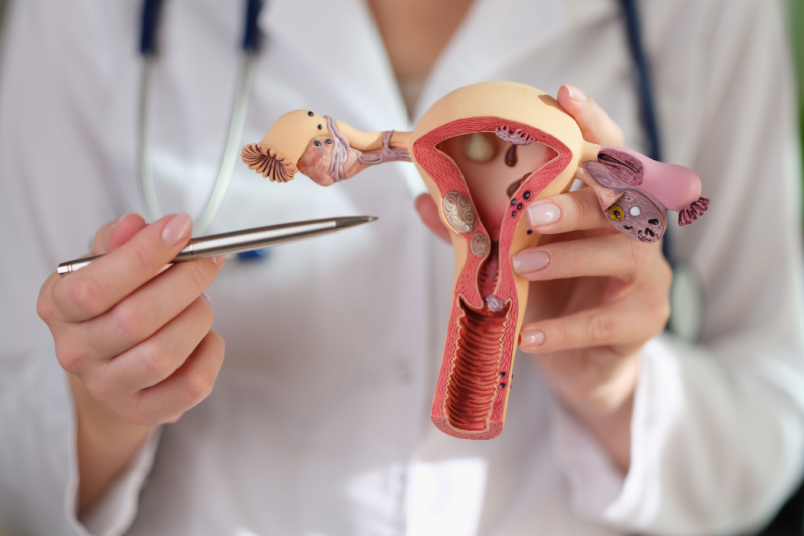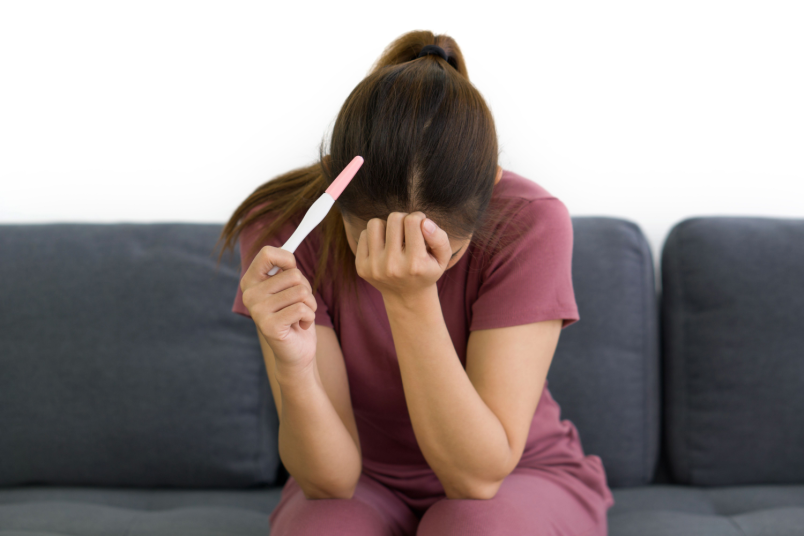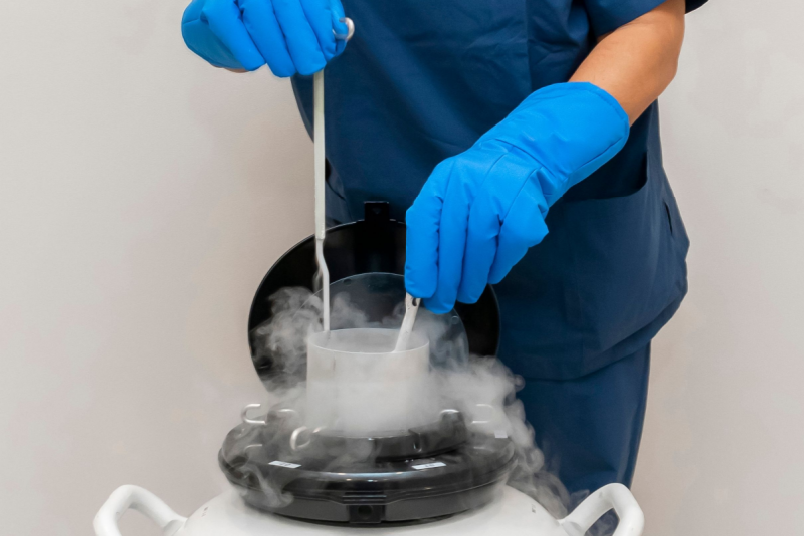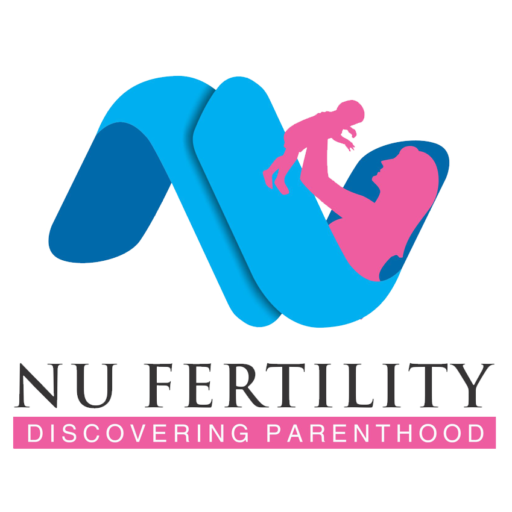In this case study, we witness a case of a 33-year-old woman who despite having a birth defect, was still able to conceive. Surgical removal of the defect almost stopped her menstrual cycle. Later, she was counseled for fertility treatment and after undergoing it, she cherished the much-desired pregnancy.
November 2023
PCOS and Fertility: Everything You Need to Know
Polycystic ovarian syndrome (PCOS) is a health condition that affects women of childbearing age.
In this condition, the ovaries tend to produce excess androgens, a male sex hormone that is usually present in small amounts in women. The name, polycystic ovarian syndrome, describes numerous small cysts (fluid-filled sacs) in the ovaries.
However, these are different from the other ovarian cysts which require surgery. PCOS can have an impact on a woman’s overall health as well as their physical appearance. Although common, PCOS is often a treatable condition.
FAILED IVF: Reasons and What to Do Next?
In-vitro fertilization is the process of fertilization where an egg is combined with a sperm under in vitro or laboratory conditions. This technique is a boon for all those childless couples who have failed to conceive and give birth to a baby through the natural process. IVF is especially beneficial in case of PCOS, blocked uterine tubes, fibroids, endometriosis, low ovarian reserve, and poor egg or sperm health. However, sometimes this procedure may not work out as planned and result in a failed IVF.
Vaginismus Treatment: All You Need to Know
Vaginismus refers to a condition when muscles around your vagina get tensed up or contract involuntarily. The vagina is a part of the female reproductive system and connects the lower part of the uterus (cervix) with the outside of your body. These involuntary muscle spasms happen when something like a penis, a finger, a tampon, or a medical instrument tries to penetrate your vagina. These spasms can be mild or very painful.
5 Ways Laparoscopic Surgery Can Help with Infertility
Infertility is defined as the inability to conceive despite having one year of unprotected, regular intercourse. Women may face infertility issues due to various reasons, including ovulation disorders, tubal infections, cervical and uterine complications, and endometriosis. In males, it is predominantly due to decreased sperm count or motility. With timely diagnosis and treatment, there is hope for couples who have infertility issues to still conceive.
Social Egg Freezing: Benefits, Risks, and Other Considerations
What is social egg freezing?
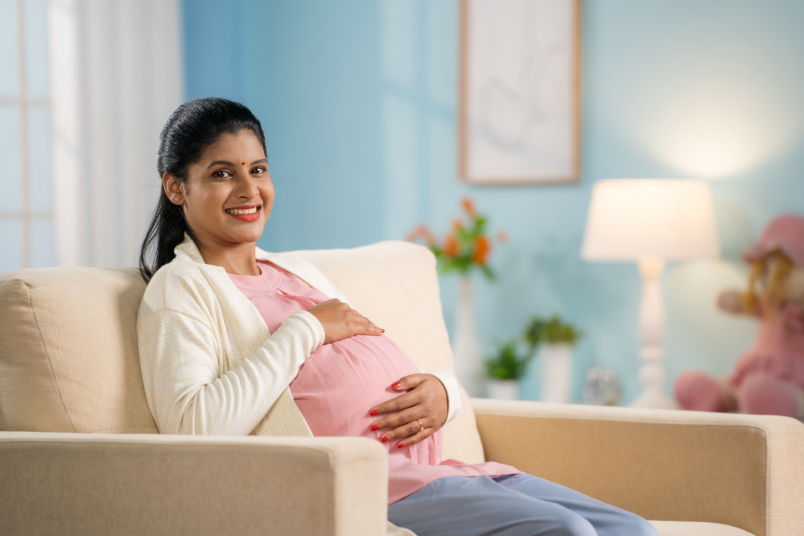
Social egg freezing is the process of obtaining the eggs of a healthy and fertile woman, followed by the freezing and preservation of these eggs to have a pregnancy later on in life, typically after 35 years when fertility potential decreases. Ideally, it is performed on women aged 25 to 35 to increase the likelihood of a future pregnancy. Egg freezing can be performed using slow-frozen or flash-frozen protocols; however, the latter method has been found to enhance oocyte survival after thawing and has been associated with an increase in pregnancy rates. It is, therefore, the recommended method of egg freezing as certified by the medical associations.
